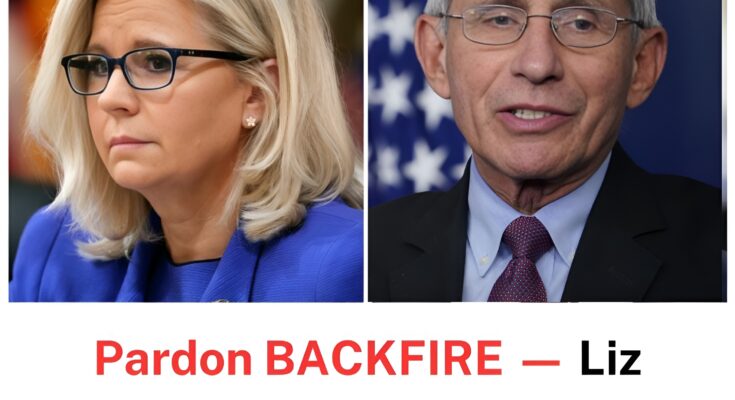
This article may contain commentary
which reflects the author’s opinion.
House Oversight Committee Chairman James Comer says his investigation into Joe Biden’s mental state during his presidency could open the door to overturning pardons and executive orders issued in his final months in office.
The Kentucky Republican told Just the News, No Noise that evidence gathered so far suggests the president may not have been fully aware of what he was signing — and in many cases may not have signed the documents himself.
At the center of the controversy is Biden’s frequent use of the presidential autopen, a mechanical device that replicates his signature. While the autopen has been used in the past for routine correspondence or non-urgent documents, Comer says its deployment during Biden’s last months — especially after his disastrous June 2024 debate performance — raises serious legal questions.
“It’s questionable whether or not it’s legal to use an autopen on a legal document, but what’s not questionable is if the President of the United States had no idea what was being signed,” Comer said. “Then… that’s not legal.”
Comer believes his investigation could provide grounds to challenge the validity of certain clemency acts and executive actions.
Advertisement
“Our investigation… could be used as evidence in trying to overturn some of those pardons and some of the executive orders, because the autopen was used so frequently… after that debate,” he said.
Former Harvard Law professor Alan Dershowitz told Just the News in March that such disputes would almost certainly end up in court. For bills passed by Congress, the Constitution explicitly requires the president’s signature, which he says could make autopen use problematic. Pardons, while not requiring a signature under the Constitution, would still face scrutiny if it could be shown the president did not personally approve them.
The 2024 debate became a turning point in the Biden presidency. Onstage, the president appeared confused, and at times unable to find his words. Even Democrat operatives expressed alarm. A month later, Biden dropped out of the race and endorsed Vice President Kamala Harris.
Biden’s struggles were not new to Republican critics. For years, they had pointed to his heavily scripted public appearances, fumbling speech, and frequent memory lapses. Those concerns gained new weight in February 2025 when Special Counsel Robert Hur, investigating Biden’s handling of classified documents, wrote that Biden’s “poor memory” would likely make him a sympathetic witness in the eyes of a jury. Hur’s report noted Biden could not recall when he served as vice president or the year his son Beau died.
Comer’s committee has zeroed in on the decision-making process inside the Biden White House during his decline. Former Domestic Policy Council Director Neera Tanden testified that she often directed the use of the autopen but had little to no direct interaction with Biden himself. She said she would send memos to members of Biden’s inner circle for approval and receive them back signed, without knowing who gave the final go-ahead.
“She had minimal interaction with President Biden despite wielding tremendous authority,” Comer said. “Her testimony raises serious questions about who was really calling the shots in the Biden White House amid the president’s obvious decline.”
Several key aides, including Biden’s physician Dr. Kevin O’Connor, former Deputy Chief of Staff Annie Tomasini, and Jill Biden’s chief of staff Anthony Bernal, have refused to answer the committee’s questions — all invoking their Fifth Amendment rights. Comer noted that O’Connor would not even answer whether he had ever been told to lie about the president’s health.
Biden, for his part, has defended his decisions since leaving office, telling The New York Times that he “made every decision” on pardons. However, the Times reported that in large-scale, categorical pardons, Biden and his aides acknowledged he did not personally review each individual name.
Comer averred in the report that between the sworn testimony, Fifth Amendment pleadings, and Biden’s own admissions, the evidence points to a troubling conclusion — that many official acts attributed to the president may have been approved without his knowledge or consent.
“These Biden inner circle people haven’t been able to prove that Joe Biden knew what was being signed with his autopen,” Comer said. “About half the people we brought in have pled the Fifth. When the White House physician can’t answer a simple question about whether he was told to lie, that’s pretty damning evidence that we had a president who wasn’t at the top of his game, to say the least.”
With Comer signaling that legal challenges to Biden’s late-term actions are on the table, the political and constitutional fallout from the former president’s mental decline may be far from over.

